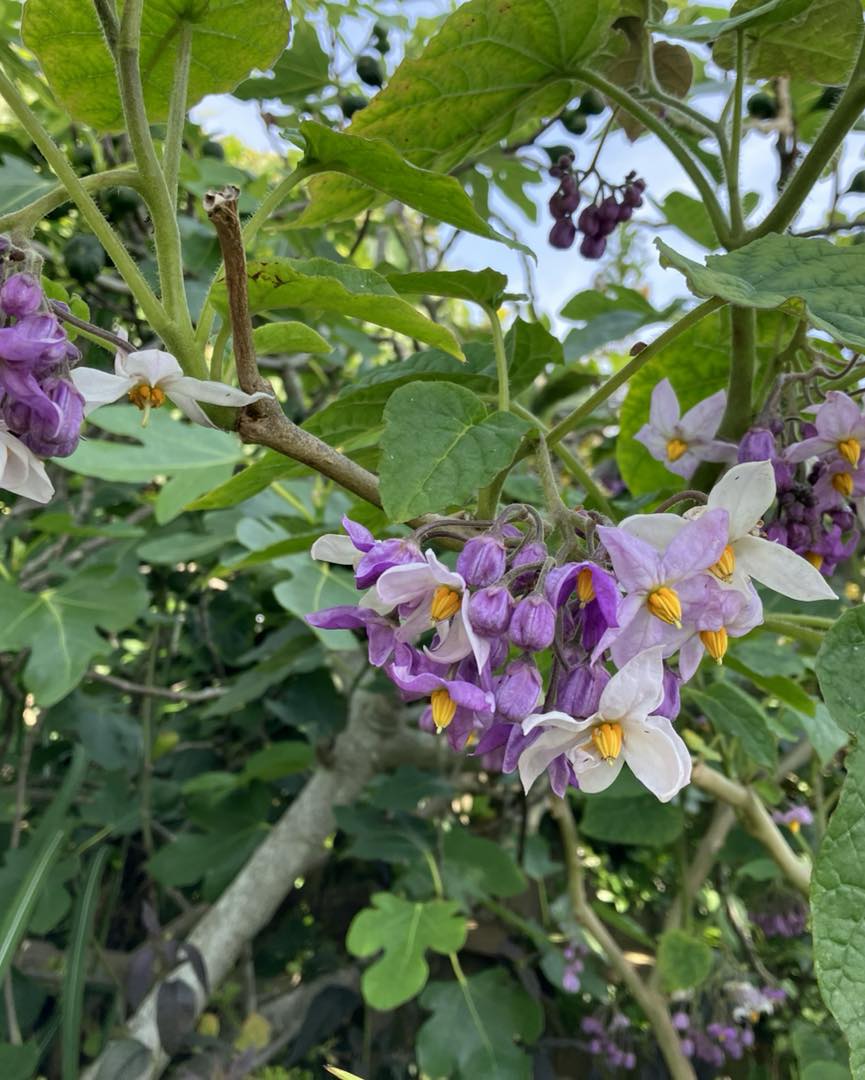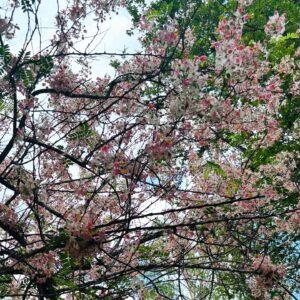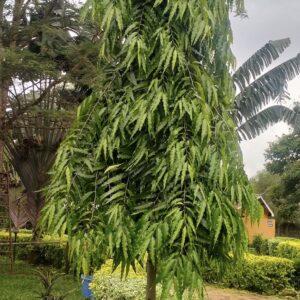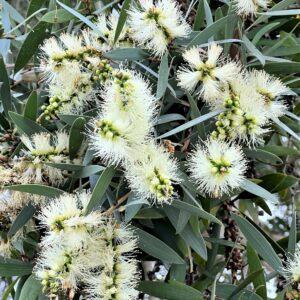Solanum Macranthum
– The Giant Potato Tree
**Solanum macranthum**, commonly known as the Giant Potato Tree, is a fast-growing ornamental tree native to Brazil. With its dramatic, star-shaped flowers that shift from white to lavender and pink as they mature, this tropical beauty adds a bold, exotic flair to any garden or landscape. Its large, lobed leaves and bushy form make it a standout specimen for those seeking fast shade, vibrant color, and pollinator-friendly blooms.
—
☀️ Light Requirements
Solanum macranthum thrives in **full sun** and needs ample light to produce its signature blooms:
– Requires **6–8 hours of direct sunlight** daily.
– Best planted in open spaces or near south-facing walls.
– Can tolerate partial shade, but flowering may be reduced.
For indoor or patio growth, place it near a bright window or under grow lights to maintain its vigor.
—
🌡️ Temperature & Climate
This tropical tree prefers **warm, humid environments** and is best suited for USDA zones 9–11:
– **Ideal temperature range:** 20°C to 35°C (68°F to 95°F).
– Not frost-tolerant — protect from temperatures below 10°C (50°F).
– In cooler climates, grow in large containers and move indoors during winter.
Its rapid growth makes it ideal for creating quick shade or filling large garden spaces in tropical and subtropical regions.
—
💧 Watering Needs
Solanum macranthum enjoys consistent moisture but dislikes soggy roots:
– **Water deeply** once or twice a week during the growing season.
– Allow the top 1–2 inches of soil to dry between waterings.
– Reduce watering in winter when growth slows.
– Use mulch to retain moisture and regulate soil temperature.
> Tip: Overwatering can lead to root rot, so ensure proper drainage in pots or garden beds.
—
🌱 Soil Type & Composition
Healthy growth starts with the right soil. This tree prefers:
– **Well-draining, fertile soil** — loamy or sandy loam is ideal.
– Slightly acidic to neutral pH (**6.0–7.0**).
– Enriched with compost or organic matter for better nutrient retention.
Avoid heavy clay or compacted soils. For containers, use a mix of potting soil, perlite, and compost.
—
🌸 Flowering & Growth Habit
One of the most striking features of Solanum macranthum is its **color-changing flowers**:
– Blooms are large, star-shaped, and appear in clusters.
– Flowers shift from **white to lavender to pink** as they age, often displaying all three colors at once.
– Blooms year-round in warm climates, with peak flowering in spring and summer.
– Grows up to **15–20 feet tall** and equally wide, forming a dense, rounded canopy.
Its fast growth and showy flowers make it a favorite for tropical-themed gardens and pollinator habitats.
—
🐝 Wildlife & Pollinator Benefits
This tree is a magnet for beneficial insects:
– Attracts **butterflies, bees, and hummingbirds**.
– Provides shelter and nectar throughout the blooming season.
– Ideal for eco-conscious gardeners looking to support local biodiversity.
—
✂️ Maintenance & Pruning
Solanum macranthum is relatively low-maintenance but benefits from occasional care:
– **Prune lightly** after flowering to shape the canopy and remove dead or damaged branches.
– Wear gloves when pruning — the stems and leaves may have small prickles.
– Apply a **balanced fertilizer** during the growing season to encourage lush foliage and blooms.
—
🌿 Landscaping Uses
This tree is perfect for:
– **Tropical gardens** or **urban landscapes** needing fast shade.
– **Driveway borders**, **garden focal points**, or **container displays**.
– **Gift plants** for garden enthusiasts who love rare and exotic species.
Its bold structure and ever-changing flowers make it a conversation starter in any setting.
—
**Solanum macranthum** is more than just a tree — it’s a living sculpture that evolves with the seasons. Whether you’re designing a lush tropical retreat or adding a splash of color to your landscape, this fast-growing beauty delivers both drama and delight.





Reviews
There are no reviews yet.